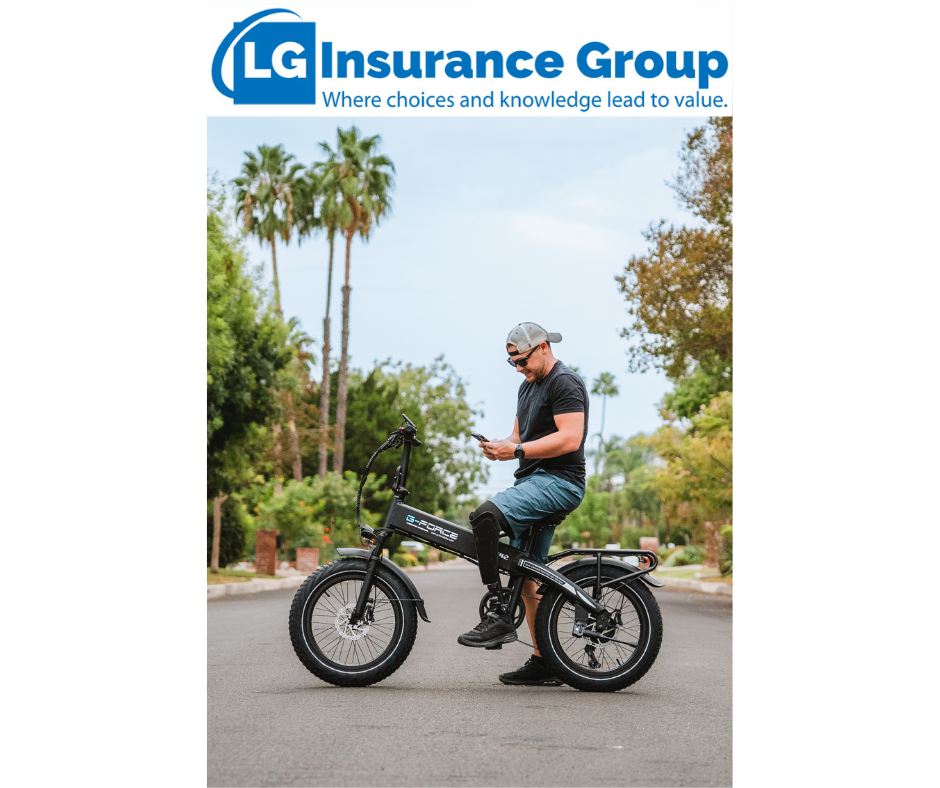There are many types of RVs, so determining which vehicles are covered by RV insurance can be confusing, but the explanation is simpler than you might think. If you have questions about RV insurance and whether your vehicle needs it, contact the LG Insurance Group team serving the Marietta, GA, area to get your questions answered.
RV Types and Insurance
RV insurance covers four types of RVs: Class A, Class B, Class C, and Towable RVs.
Class A RVs
Class A RVs are high-end models built on commercial truck or bus chassis. They can be so large and luxurious that they resemble houses on wheels. The largest sleeps eight people, and amenities often include a full kitchen, bathroom with showers, washer/dryer, and a full-screen TV.
Class B RVs
Class B RVs are built on full-size van frames. Due to their smaller size, they typically have a small galley with a burner, a small refrigerator, a bathroom, and sleeping space for one or two people.
Class C RVs
Class C RVs come on small truck chassis and typically have sleeping space over the cab. They vary widely in their amenities, ranging from near-luxury to modest.
Towable RVs
Trucks with a fifth-wheel attachment pull towable RVs. Towable RVs can be as large and luxurious as a Class A RV or much more modest. Towable RV insurance covers only the RV, which is not motorized, while the truck’s insurance handles the liability and other insurance needs.
RV Insurance from the LG Insurance Group
Our team at LG Insurance Group, serving Marietta, GA, looks forward to addressing your RV or other insurance needs. Call us at 678-671-8480 today, or stop by to see us to ensure you get the coverage you need for your RV.








 Click to Call
Click to Call Get Directions
Get Directions




